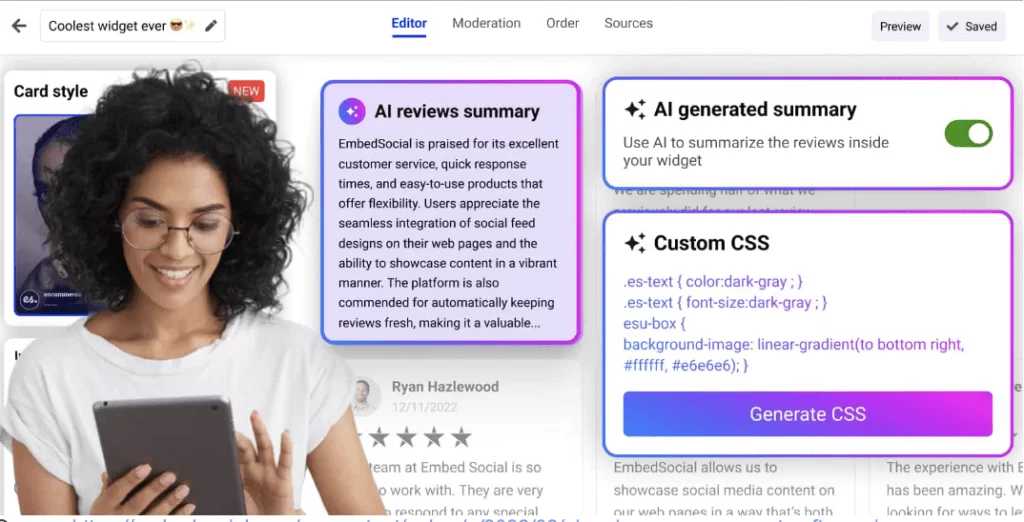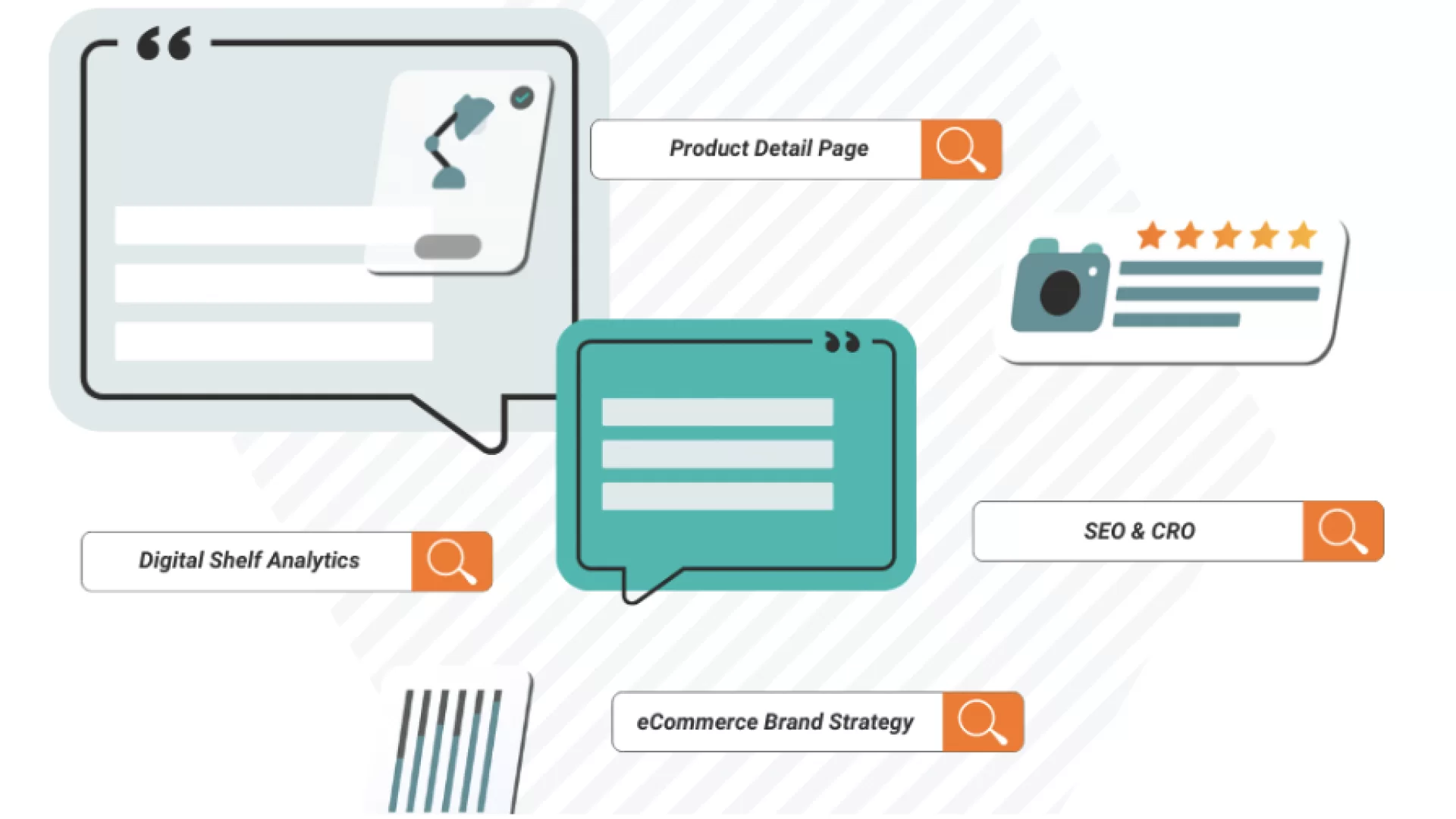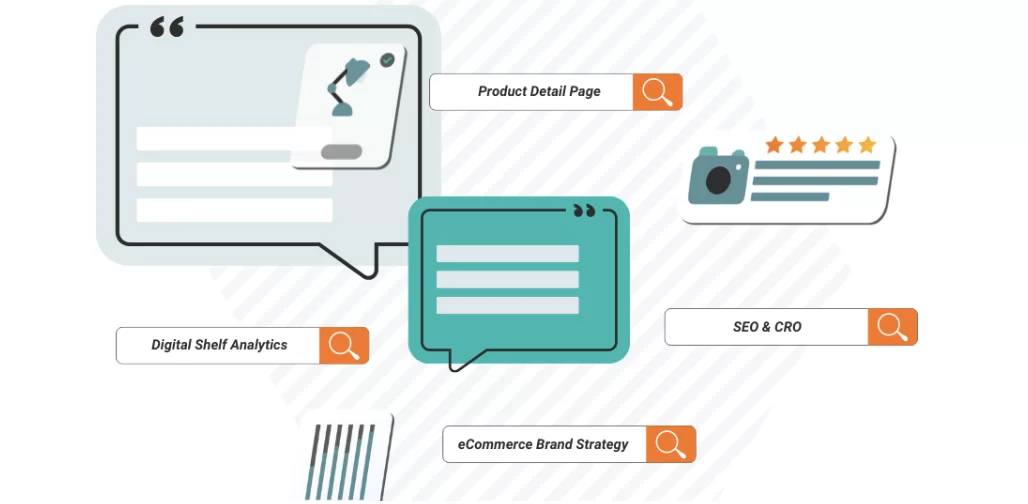Colgate-Palmolive, a well-known consumer goods giant famous for its toothpaste, has turned to generative AI as a solution for managing its extensive product detail pages. With nearly 1,000 online product detail pages across 10-plus retailers, Todd Hassenfelt, Global Digital Commerce Director at Colgate-Palmolive, explains that keeping these pages up to date and appealing to the target audience requires a dedicated team.
To optimize this process, Colgate is currently testing a new generative AI tool that leverages artificial intelligence and is provided by Profitero Inc., a digital analytics vendor specializing in managing product pages. The piloted tool, called “Ask Profitero,” allows brands to seek answers from a generative AI bot regarding specific details on any product detail page hosted on a merchant’s site.
For instance, Colgate could use the tool to enhance the conversion rate of its mouthwash on Walmart.com by asking the bot, “What is the optimal title length to drive sales in this category?” In response, the bot can provide Colgate with the ideal character length for titles specific to the mouthwash category on Walmart’s website.
Furthermore, the bot can even suggest new titles for products and explain the reasoning behind its language adjustments. Profitero’s AI tool derives these insights based on the product rankings in search results on the retailer’s website, identified through specific keywords entered by shoppers, according to Bryan Wiener, the CEO of Profitero.
Additionally, Profitero’s AI tool not only retrieves insights from their software but also provides a quick way for Colgate employees to access information. It allows employees to check sales metrics, receive out-of-stock data, and get an overview of the sentiment expressed in product reviews. Instead of manually analyzing the sentiment of reviews, Colgate can simply ask the tool, “What is the sentiment of reviews for this product?” By identifying attributes like good flavor mentioned in highly ranked reviews, Colgate can update product detail pages to feature this information.
Hassenfelt emphasizes that effective product detail pages are essential for both online and in-store sales. Shoppers often refer to product detail pages while shopping in physical stores, using their smartphones to access additional information.
Moreover, retailers may rely on product detail pages to provide information for in-store signage and promotions. Keeping this information up to date and aligned with an audience’s interests can have a significant impact on sales. Hassenfelt believes that this tool will save Colgate’s teams weeks or even months of manual analysis.
“Creating content and its variations for a single SKU across multiple platforms is a time-consuming process,” notes Hassenfelt. Implementing changes and analyzing their effect on conversion rates usually involves a waiting period of several months. Yet, despite the time saved, Colgate has no plans to reduce their workforce. Instead, the tool will enable teams to make faster decisions without requiring additional headcount. Hassenfelt’s primary goal for utilizing the tool is to increase the conversion rate, highlighting how a one-percentage-point gain in conversion can translate to thousands of dollars for each product.

Hassenfelt envisions using the tool to simplify and expedite the analysis of products, making it easier for teams to act on insights and improve conversion rates and sales. In the long term, he believes the tool can serve as a reliable source for timely information, enabling data consolidation and trend identification.
Colgate’s pilot project involves approximately 10-20 employees from its U.S. team, along with seven to ten employees from various global digital teams, including marketing, branding, customer service, and logistics. Profitero developed this AI tool internally, relying on OpenAI’s language model and implemented it within about 60 days after OpenAI became available to companies.
“As soon as OpenAI was accessible to businesses, we immediately recognized its potential to provide faster and better insights, making our clients’ lives easier,” says Wiener. Profitero introduced the tool at a user conference in June and began the private beta phase with clients. Wiener explains that the primary objective during this phase was to gain valuable insights and feedback from clients, ensuring that the tool delivers actionable and accurate information.

For more up to date eCommerce news, make sure to follow the Elite Automation eCommerce Blog.



